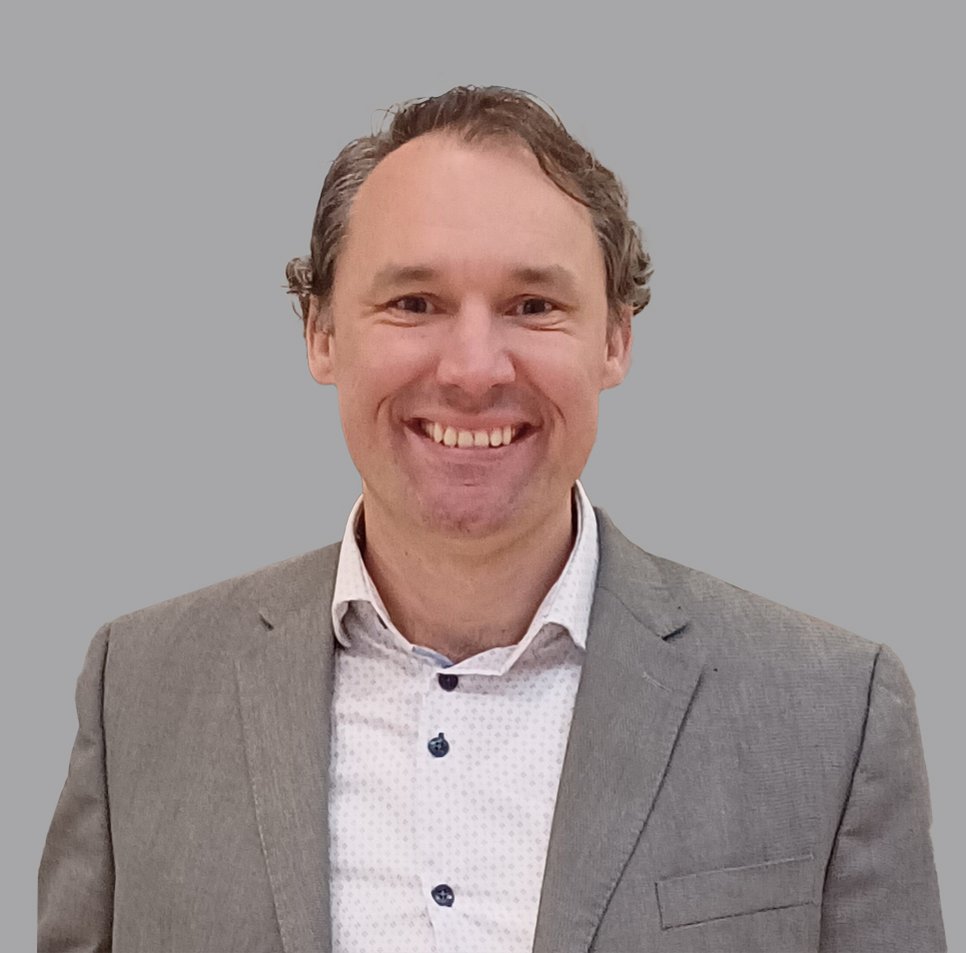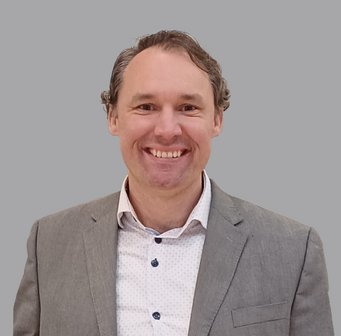Friedrich Wilhelm Bessel Research Award for Thomas Theis
Funding for innovative research on NMR spectroscopy and magnetic resonance imaging
The Humboldt Foundation honors Thomas Theis with the Friedrich Wilhelm Bessel Research Award, acknowledging his pioneering work in the field of nuclear magnetic resonance techniques. Theis will use the award to finance a research stay at the Max Planck Institute for Biological Cybernetics in Tübingen.

For outstanding work in the field of NMR spectroscopy and magnetic resonance imaging, Thomas Theis is awarded the Friedrich Wilhelm Bessel Research Award. Theis is currently an assistant professor at North Carolina State University, where he heads the NC State hyperpolarization lab; the prize money totaling 45,000 euros will afford him a research stay up to twelve-months at the Max Planck Institute for Biological Cybernetics in Tübingen.
Theis’ innovative ideas have furthered both NMR spectroscopy and magnetic resonance imaging (MRI). Both these technologies rely on the physical effect of nuclear magnetic resonance: Atomic nuclei in a sample are initially polarized by a strong, constant magnetic field and then excited by alternating electromagnetic fields. Subsequently, they return to equilibrium within the constant magnetic field. How exactly the relaxation to equilibrium happens and what frequencies they emit during this process provides information about the chemical composition of the sample. While MRI is often applied in medical diagnostics, NMR spectroscopy is mainly used to analyze organic chemical compounds.
A pioneer thinking outside of the box
With his contributions to "NMR without magnets", Theis has gained international reputation among scientists. This method does not rely on strong magnetic fields to align the atomic nuclei in the sample, but instead uses so-called hyperpolarization. Theis’ hyperpolarization method uses hydrogen gas with a specific nuclear spin configuration, which is a particularly simple and fast approach to generate hyperpolarization." Thus, expensive and large magnets become dispensable, making NMR and MRI more portable and significantly less costly.
During his research stay in Tübingen, Theis wants to further develop various NMR and MRI techniques based on hyperpolarization. "I am looking forward to the many stimulating collaboration opportunities in my new research environment," says Theis. "The Department of High Field Magnetic Resonance at the MPI for Biological Cybernetics offers me an ideal environment." His scientific host Klaus Scheffler, who had nominated him for the award, lauds him as a "true pioneer in the field of NMR and MRI technology," whose unconventional approaches have “the potential to usher in a new era of scientific discoveries”.
The Alexander von Humboldt Foundation awards about 20 Friedrich Wilhelm Bessel Research Awards annually to researchers from abroad in recognition of their outstanding scientific achievements. The award is named after the astronomer and mathematician Friedrich Wilhelm Bessel (1784 –1846) and is funded by the Federal Ministry of Education and Research.
